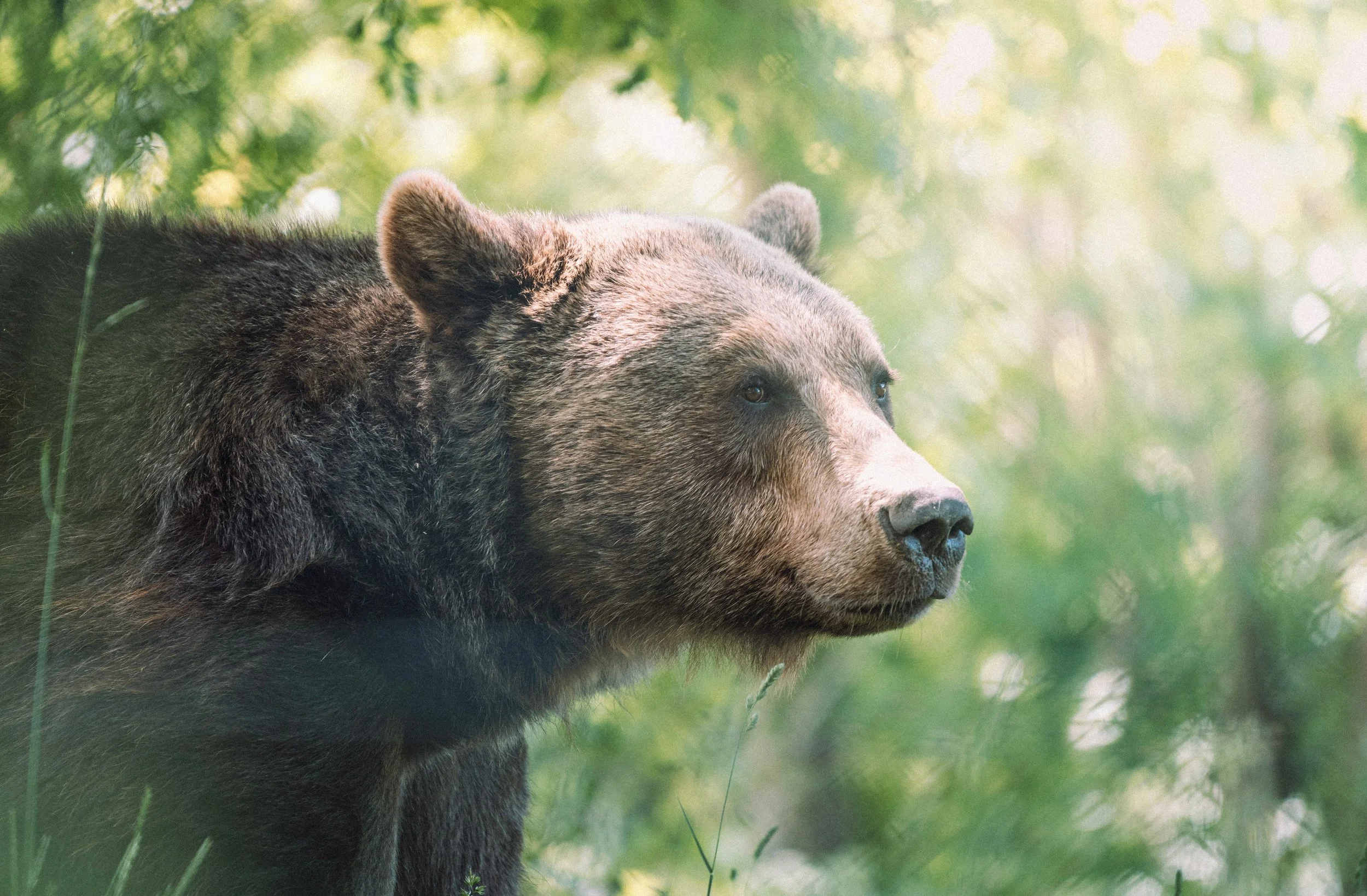Victory! US grizzly bears will keep ‘lifesaving’ endangered species protections, government announces
Several states had petitioned the government to delist grizzlies, a move which could have allowed the species to be included in state-sponsored trophy hunts.
Grizzly bears in the US will keep their ‘lifesaving’ federal protections, wildlife officials announced this week.
The species was under threat by states including Wyoming and Montana who had petitioned the government to remove Endangered Species Act protections from grizzly bears. Without federal protections, the animals would be at risk of being targeted in state-sponsored hunting seasons.
This led to animal protection and conservation groups - including Species Unite which gathered over 5,000 signatures - calling for the petitions to be denied.
Now, the US Fish and Wildlife Service (USFWS) has confirmed that grizzly bears will maintain their current protections under the Endangered Species Act.
The confirmation was announced as part of the agency’s updated approach to long-term grizzly bear recovery in the lower 48 states.
“I’m relieved that the Fish and Wildlife Service found that grizzly bears still need Endangered Species Act safeguards,” said Andrea Zaccardi, a director at conservation group the Center for Biological Diversity. “With ongoing federal protections, grizzlies in the Northern Rocky Mountains and North Cascades will have a real chance at long-term recovery, instead of being gunned down and mounted on trophy walls.”
New additions to the Service’s management plan also include proposals for clarifying the geographic area where grizzly bears are protected, as well as a proposal to loosen restrictions on when grizzly bears can be killed.
Overall, these proposals would permit the killing of grizzly bears in more situations than under current regulations. The Service says they would help give people who live near bears more flexibility - for example, property owners would be allowed to kill bears who are actively attacking livestock.
But some conservation groups are cautious of anything that could endanger bears and their recovery.
“While grizzlies won’t be killed by state-sponsored trophy hunts, I’m concerned that their recovery will be harmed as more bears die at the hands of the livestock industry,” explained Zaccardi. “We’ll advocate to maintain all protections that keep grizzly bears alive until recovery is reached.”
There is also concern that grizzly bears, along with wider conservation efforts for many other species, have become a political pawn that could be negatively impacted by warring government parties.
“There’s no denying the Biden administration jammed this through with 12 days to go knowing it’s a blatantly political play to appease radical environmentalists," said Montana Rep. Ryan Zinke, who worked to remove protections for bears when he worked as part of the former Trump administration, reports the Associated Press. “Thankfully the political hands pulling the strings at the U.S. Fish and Wildlife Service are about to be fired.”
Federal help for bears has helped lead to improved population numbers since protections were first introduced back in 1975. But the population remains at risk, particularly through human-caused deaths and habitat destruction that has led to decreased connectivity and possible isolation for bears.
Historically, around 50,000 grizzly bears ranged from Alaska to Mexico. But today, the animal occupies just 6 percent of their former range, with a population of around 2,000 bears that live in four isolated locations in the northern Rockies.
We Have A Favor To Ask…
Species Unite amplifies well-researched solutions to some of the most abusive animal industries operating today.
At this crucial moment, with worldwide momentum for change building, it’s vital we share these animal-free solutions with the world - and we need your help.
We’re a nonprofit, and so to keep sharing these solutions, we’re relying on you - with your support, we can continue our essential work in growing a powerful community of animal advocates this year.






